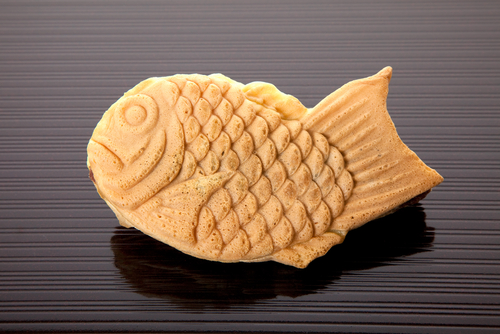BALTIMORE—After his Food Safety Summit session on food fraud and economically motivated adulteration, I caught up with Doug Moyer, a pharmaceutical fraud expert and adjunct with Michigan State University’s Food Fraud Initiative. Here are a few of his insights into top challenges for the supply chain, and the biggest risks to be wary of as a consumer.
What are the riskiest foods for fraud?
The most fraudulent are the perennials: olive oil, honey, juices and species swapping in fish. Most people underestimate the amount of olive oil adulteration, but the amount of what is labeled “extra virgin olive oil” that Americans buy is more than Italy could ever produce. I buy certified California olive oil because I’ve sat down with that group and I know that their industry is really concerned about standards and have established a rigorous certification process. I am also really concerned about species swapping in the seafood industry. I love sushi, but I have a lot of concerns eating it, and they are not always about health. I don’t like feeling duped, and a lot of companies now have to contend with that reputation issue after so many studies have found that the odds can be incredibly low that you are eating the fish that you think you ordered—as little as 30% in some sushi restaurants in Los Angeles, for example.
Adulteration has been getting a lot more attention recently, from consumers and regulators. How old of a phenomenon is food fraud?
Food fraud actually dates back to the antiquities. In the industry, we refer to it as a 2,000-year-old problem. There are actually ancient jugs used for oil or wine that feature art that is misleading about the origin or quality of what came inside.
Why are we seeing more food fraud in the U.S. now?
In the United States, we have the real luxury of solid supply chains and active food safety protectors in the form of regulators and advocates. But, as the supply chain lengthens, strangers and anonymous players get introduced, and that’s where the system is most endangered.
What is the worst case of food fraud you’ve ever seen?
Melamine in Chinese infant formula is definitely one of the worst, and especially sinister. In the ‘80s, there was also a truly horrible case with olive oil in Spain. Many people hear about olive oil adulteration now and say, “What’s the harm, if it’s just another oil?” In that case, though, it was adulterated with industrial grade oil. Over 1,000 people died, and some are still infirm and in hospitals today.
What are the biggest culprits in pharmaceutical fraud?
Male enhancement, by far, is the top victim. Patients may be too embarrassed to see a doctor about their symptoms, so they log online and order from a rogue pharmacy—which may not even be a pharmacy at all. But if they were too embarrassed to get the medication to begin with, they will probably be too embarrassed to report the issues, too. Anti-malarials are also a big culprit abroad. In countries with a lot of demand for medications that fight malaria, many counterfeiters see the opportunity to fill that need before legitimate providers can. Poor populations gravitate toward these cheaper products, and access to doctors may be limited by a long, expensive trip—when you are already sick, or cannot afford the trip, it’s easier to go to a street vendor who rips off a sheet of what he says will help. It’s a particularly heinous crime because counterfeiters will trick customers with a little bit of aspirin in the pills that lower fevers and help with the body ache. That kind of deliberate attempt to keep people from getting better, to me, is more heinous than food fraud.

